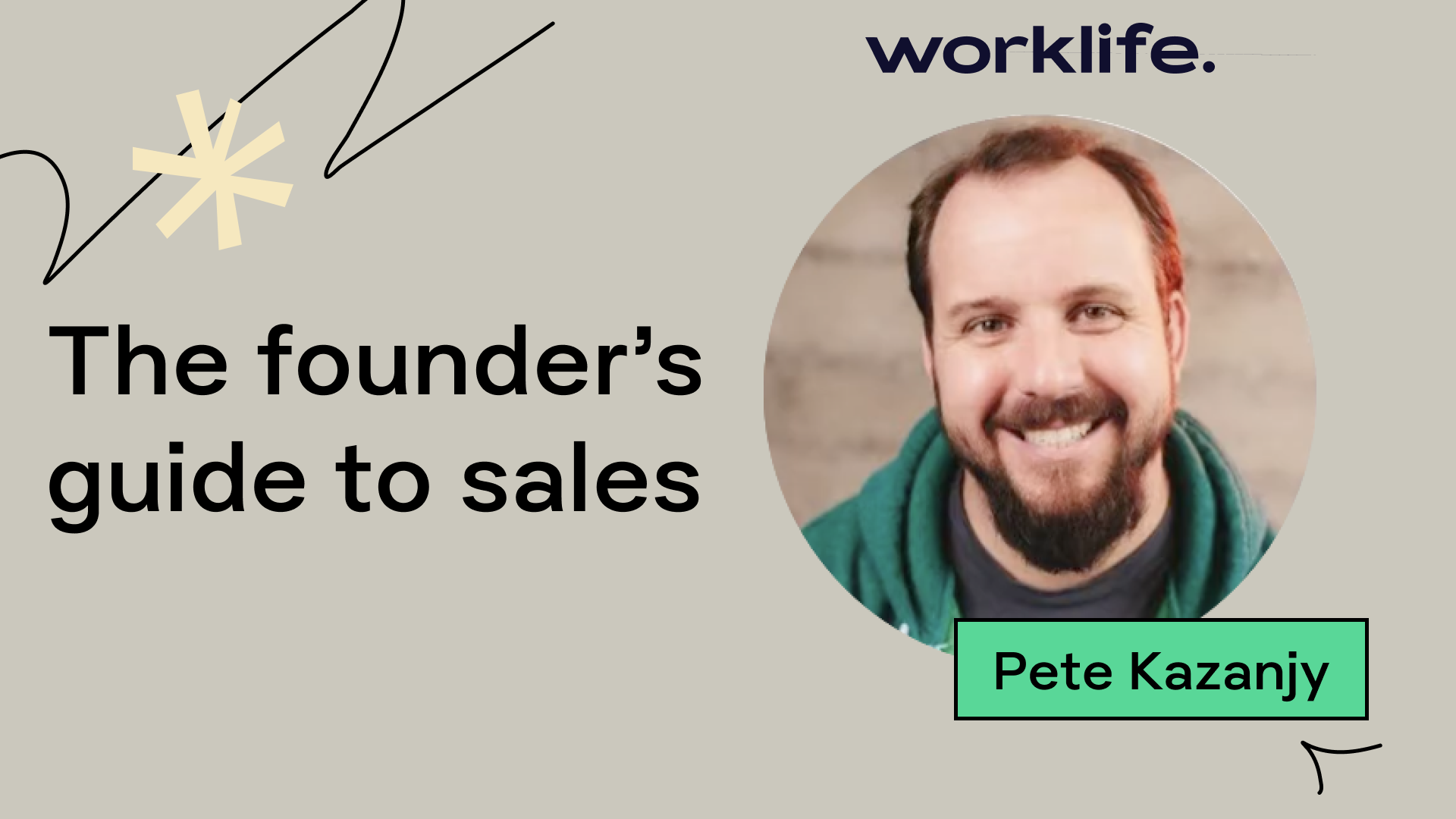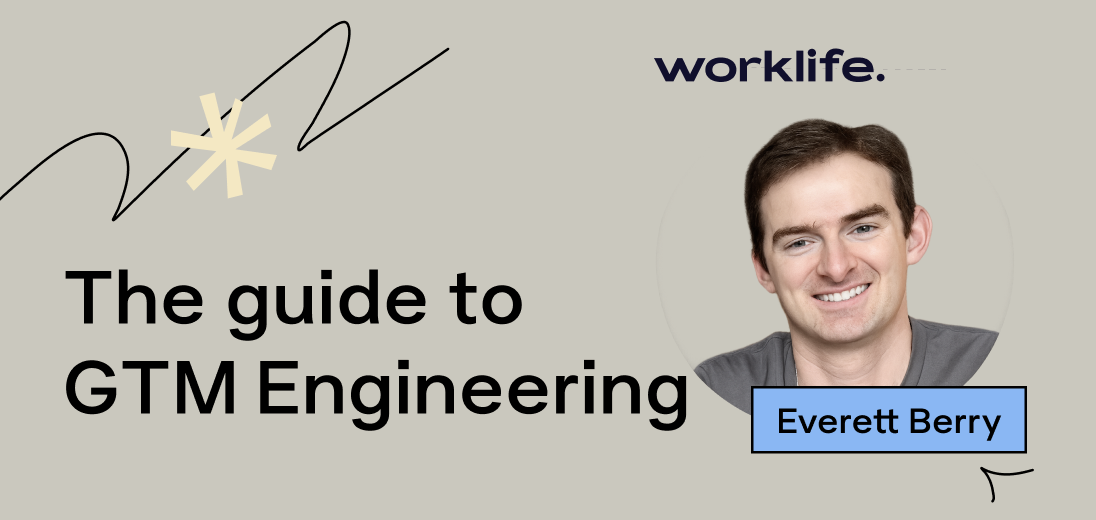A false signal I see a lot with early stage AI-first companies is excitement around AI is misinterpreted as likelihood to buy your product.
As companies of all sizes are figuring out their AI strategy, many are signing up for new products, taking meetings with founders, and collecting as much information as possible with no intent on buying your product.
While many of these conversations can be a helpful way to learn more about the challenges companies are currently facing, founders must be especially protective of their time and know when to cut off time wasters.
BANT, an acronym for Budget, Authority, Needs, and Time is a classic framework for evaluating if someone is likely to buy your product.
Budget:
Asking questions around budget is one of the most effective ways to both gauge a company’s interest in purchasing your product and uncover the person’s seniority and access to budget.
As an early stage company, budget related questions can be open-ended and an opportunity to educate the company on how much their peers are spending on similar programs and tools.
It’s most helpful to come with specific examples of how much other companies are spending and set the expectation that they should be allocating or requesting budget accordingly if the company wants to stay competitive.
Authority:
This is one of the most challenging parts of a sales conversation because it’s common for even the most entry-level employee to paint a picture that they have full autonomy to make a purchase decision.
A successful phone call can easily snowball into a series of multiple conversations with new teams joining each meeting to follow, further complicating the sales process and creating additional work for you.
This is why a clearly defined ICP matters even at the earliest stages of building your company.
If your ICP is not on the call, you’re talking to the wrong person and will need to take multiple calls to get to the right person.
Needs:
While selling a product someone actually needs sounds very obvious, in the new era of AI-first tools there’s a great deal of education required to get companies up-to-speed on all of the productivity gains that AI has enabled for teams of all sizes and stages.
For a lot of founders selling is a new skill, so I like to frame this as educating the market. A company may not “need” your product today, but with enough education and understanding of what you’re building, you can earn the trust of your ICP and create a product that becomes a much needed tool used by top companies.
Time:
There is no clearer metric for a startup than time.
You are on a race against time and have a limited amount of runway to turn your idea into a company.
From a sales perspective, you need to quickly identify companies that are ready to use your product today, you do not have multiple quarters to wait for a company to become a customer.
When communicating time with potential customers, it’s important to present as a confident, stable company. Established companies do not hand over their limited budget to inexperienced teams that may not make it to the next round.
One of the most effective ways to win over an established company is by moving quickly with next steps, especially implementations.
It is also necessary in an AI-first world where we’re seeing a lot of competing tools. You will not win in a crowded category if your shipping velocity and implementation time is slower than your competition.
This is part of a series on go-to-market strategies for AI-first companies.
If you're an operator thinking about starting a company, I recently wrote "Build for the Expert, you" to walk through all of the advantages you have in starting a company that you wished existed as an operator.






